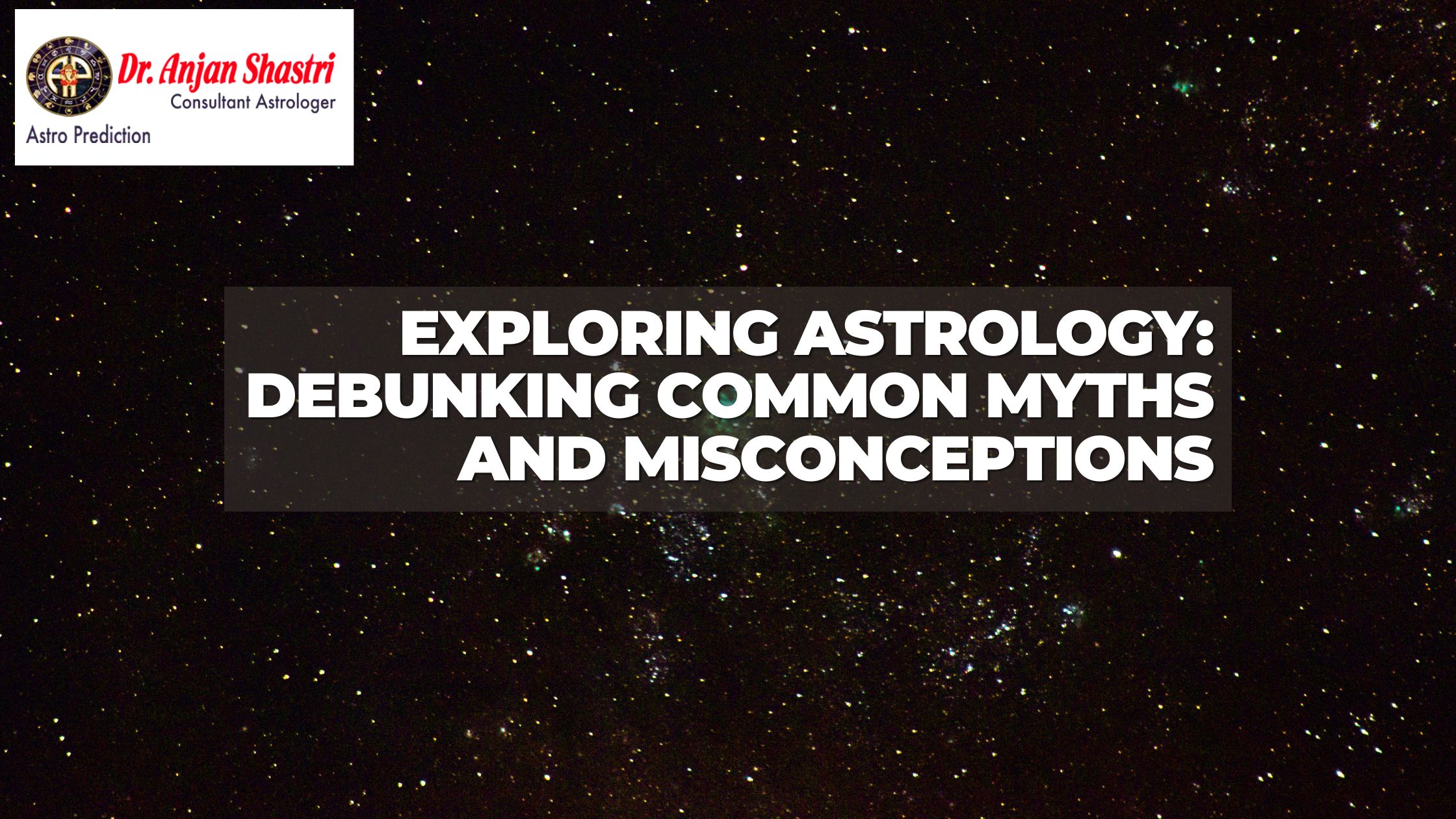Astrology has fascinated humanity for centuries, with its claims of celestial influence on our lives. However, amidst its popularity, astrology is often clouded by misconceptions and myths that can mislead those seeking to understand it better. In this blog post, we’ll delve into some of the most prevalent astrology myths and separate fact from fiction. Join us on this journey as we uncover the truth behind the stars.
“Astrology Predicts Your Future with Certainty”:
One of the most common misconceptions about astrology is that it can accurately predict the future. While astrology can provide insights into potential trends and energies, it is not a foolproof method for foretelling specific events. We’ll explore the limitations of astrology and shed light on how it should be approached as a tool for self-reflection rather than a crystal ball for the future.
“Your Zodiac Sign Determines Your Personality”:
Many people believe that their zodiac sign governs their personality traits and behaviors. However, this oversimplification fails to consider the complexities of human nature. We’ll dive into the nuances of astrology and explain how factors like birth charts, planetary aspects, and individual experiences contribute to shaping a person’s personality.
“Astrology is Scientifically Proven”:
Astrology’s scientific validity is a contentious topic. While astrology may have historical and cultural significance, it does not meet the rigorous standards of scientific testing and falsifiability. We’ll examine the differences between astrology and astronomy and discuss the scientific perspective on astrology, allowing readers to form an informed opinion.
“Astrology is Limited to Sun Signs”:
The popular horoscope columns often focus solely on the Sun signs, leading many to believe that astrology revolves solely around these signs. However, astrology encompasses much more, including Moon signs, rising signs, and various planetary positions. We’ll shed light on the significance of these additional factors and help readers understand the complexity of their astrological profiles.
“Astrology is Incompatible with Religion”:
Another common myth is that astrology clashes with religious beliefs. While astrology has roots in ancient spiritual practices, its relationship with religion varies among individuals. We’ll explore different perspectives and show how astrology can be seen as a complementary tool for self-awareness within various belief systems.
Conclusion:
Astrology is a captivating subject that has both devoted followers and staunch critics. By debunking common myths and misconceptions, we can gain a more nuanced understanding of astrology’s purpose and limitations. Embracing astrology as a tool for self-reflection rather than absolute prediction allows us to appreciate its rich history and cultural significance. So, let’s continue to explore the wonders of astrology while maintaining a healthy dose of skepticism and critical thinking.


